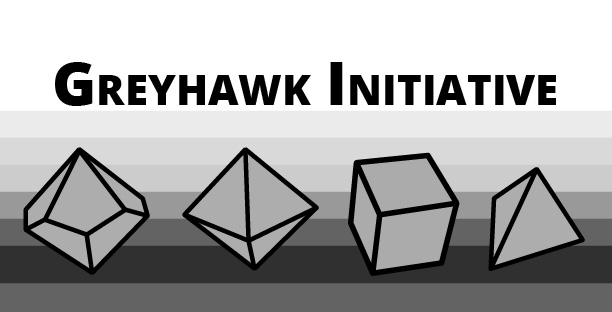Forget 'yes and'; 'Yes if' is for DMs

Alexa the Artificer needed a way to contain the immortal shoggoth her party just trapped, but she had just the thing: "I build a rocketship and send the shoggoth to the moon." "Hang on now," the DM says. "Rocketships don't exist in this world." "This sucks," Alexa says. "You're not 'yes-and-ing' me. You really need to take some improv lessons if this campaign is ever going to go anywhere." "Yes and"? As D&D has expanded from its wargaming roots and picked up more improv storytelling over the years, the question comes up more often: As a DM, is it better to "say yes" to everything, or is it better to tell players that something's impossible when it doesn't fit in your world? The core mechanic A balance between the two extremes pivots on the "core mechanic." A core mechanic is gameplay at its most stripped-down, something that forms the foundation of the game and you end...


